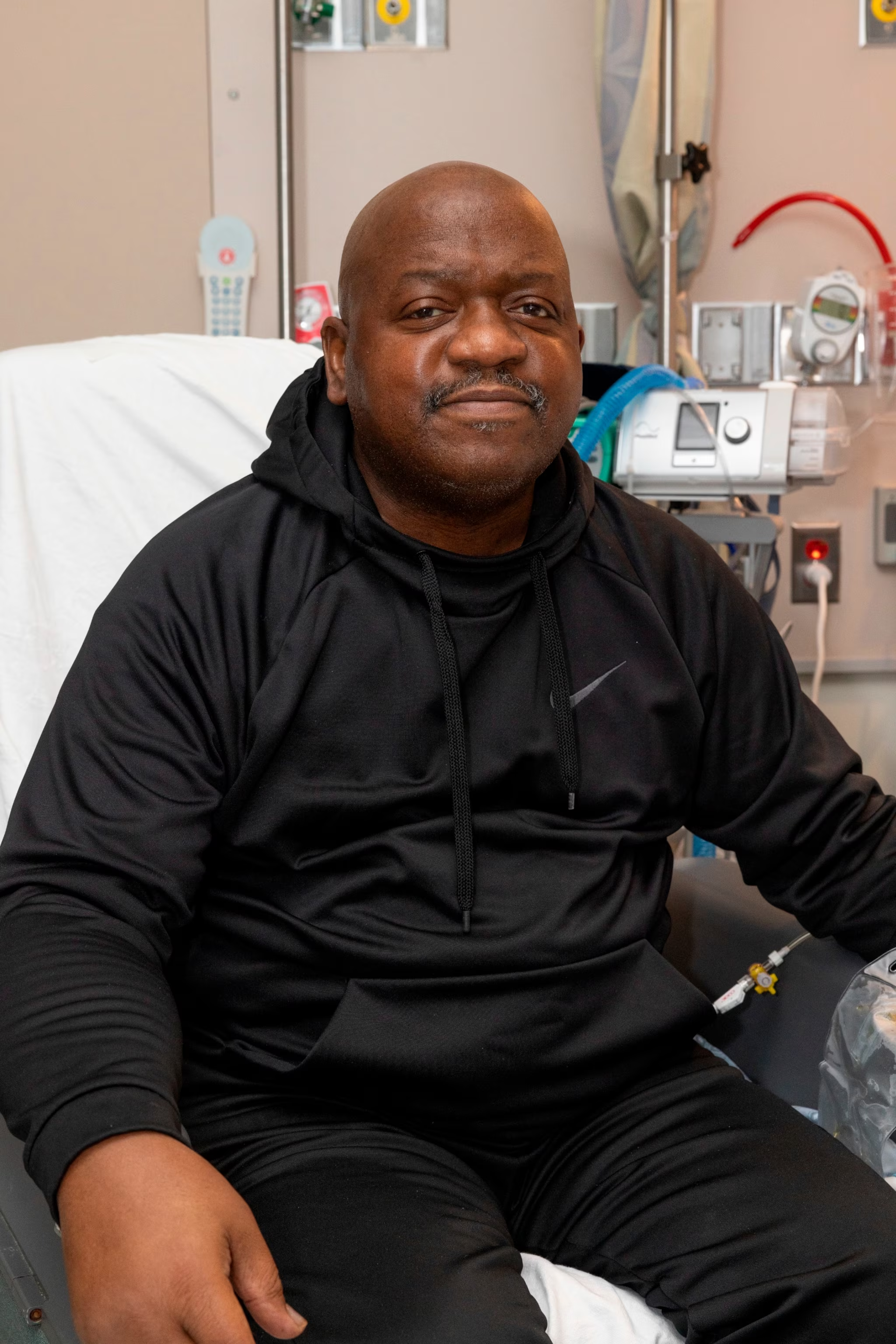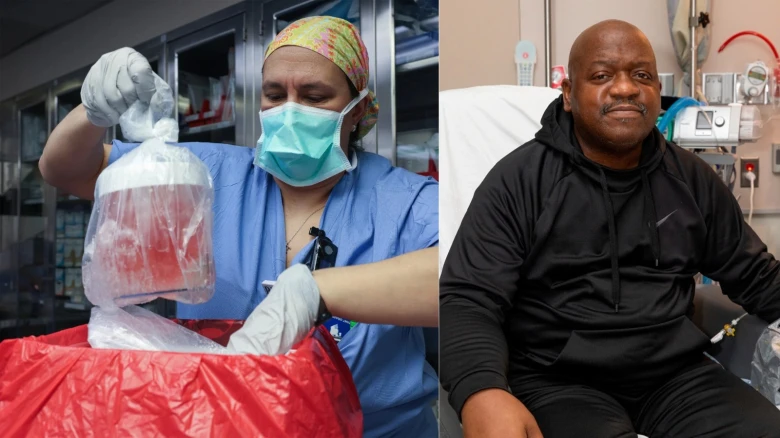Six months after he became the first living individual to receive a genetically modified pig kidney transplant, the 62-year-old patient died.
Rick Slayman was at Massachusetts General Hospital when he received the kidney in March. The facility noted that it is not clear if his death was caused by the transplant.

After the four-hour surgery, which was performed on his doctors’ recommendation, Slayman was able to leave the hospital in April. According to his doctors, the new kidney could last for years. However, they noted that there are still many unknowns about transplants from animals to humans.
The hospital where he received the kidney noted that he became an inspiration to other transplant patients around the world. He will be remembered as a kind and compassionate individual who was dedicated to helping others. The hospital also offered its condolences to his family and friends.
In a statement, his family said they were deeply saddened by the death of their beloved Rick. They thanked the people who came to know him and shared his story. They also said that they were comforted by the hope he provided for the patients who were waiting for a transplant.
After suffering from high blood pressure and diabetes for several years, he received a kidney from a donor in 2018. He started to show signs of failure a few years later, and he went back to dialysis in 2023. In his statement, he said he wanted to provide hope to the other patients who need a transplant.
The operation, which was performed in March, was carried out by Dr. Tatsuo Kawai at the Legorreta Center. It was a groundbreaking procedure that highlighted the need for more organs. According to a report by the organization that monitors organ donations, there are over 100,000 people on the waiting list for a transplant in the US.
Research has been conducted for years on how to perform successful and safe organ transplants from animals to humans, which experts believe could help solve the shortage of organs. Before Slayman received his kidney, only two transplants involving pig organs had been performed.
Two weeks after receiving their hearts, both patients died. The company that provided the pig kidney to Slayman referred to him as a pioneering individual. EGenesis noted that it will continue to honor his legacy by working toward increasing the number of organ transplants from animals to people.
The family of Slayman expressed their gratitude to the staff members of Massachusetts General Hospital in a statement. After he received a transplant, he said that he wanted to give hope to the other patients who were waiting for a new organ. He was able to do so through his positive outlook and his desire to help others.
In addition to inspiring individuals, his family noted that his legacy would also motivate researchers and healthcare workers.

